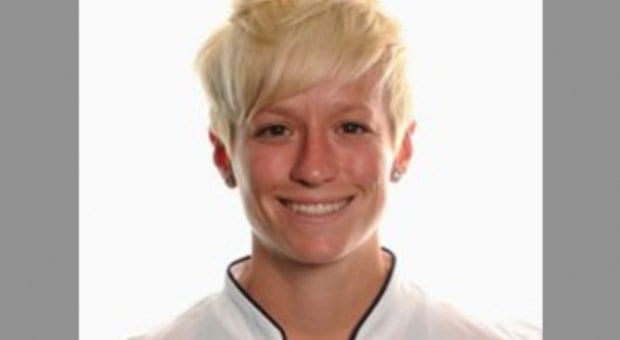Fifty-two current and former Olympians have signed on to a campaign asking Russia to repeal its anti-gay laws and criticizing the International Olympic Committee (IOC) for not speaking out against discrimination, the Guardian reports.
Athletes from Canada, the United States, Australia, Ireland, Sweden, Germany and Switzerland joined the Principle Six petition, named after the non-discrimination clause in the Olympic Charter.
“I understand and respect that the Olympics are not the time nor place for political statements, but this is far beyond any kind of statement,” American soccer player Megan Rapinoe, who is gay, told the Guardian. “People’s lives and their wellbeing are in danger, and that goes far beyond anything the Olympics stand for.”
The IOC says athletes in Sochi will be able to voice support for Russian gay people only in a designated protest zone, 18 kilometres from the Olympic Village.
In August last year, the IOC warned athletes about protesting at the Winter Olympics, a move that drew the criticism of human rights organizations.
But according to Radio Free Europe, the IOC’s new head, Thomas Bach, who had also advised athletes not to court controversy at the Games, seemed to soften that stance Jan 27, saying that athletes are free to make political statements during press conferences — a view that Dmitry Chernyshenko, president of the Sochi 2014 organizing committee, doesn’t share.


 Why you can trust Xtra
Why you can trust Xtra


